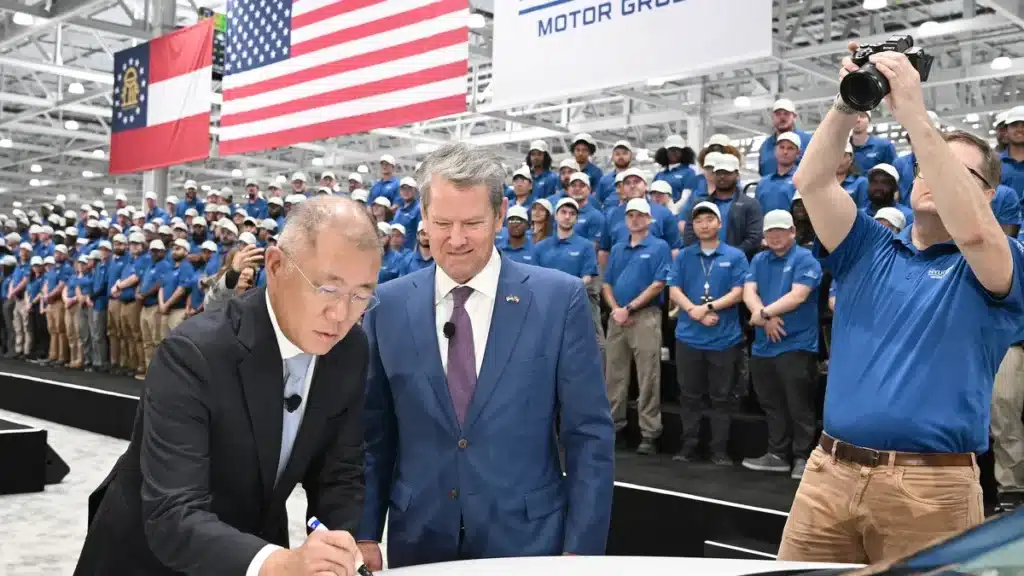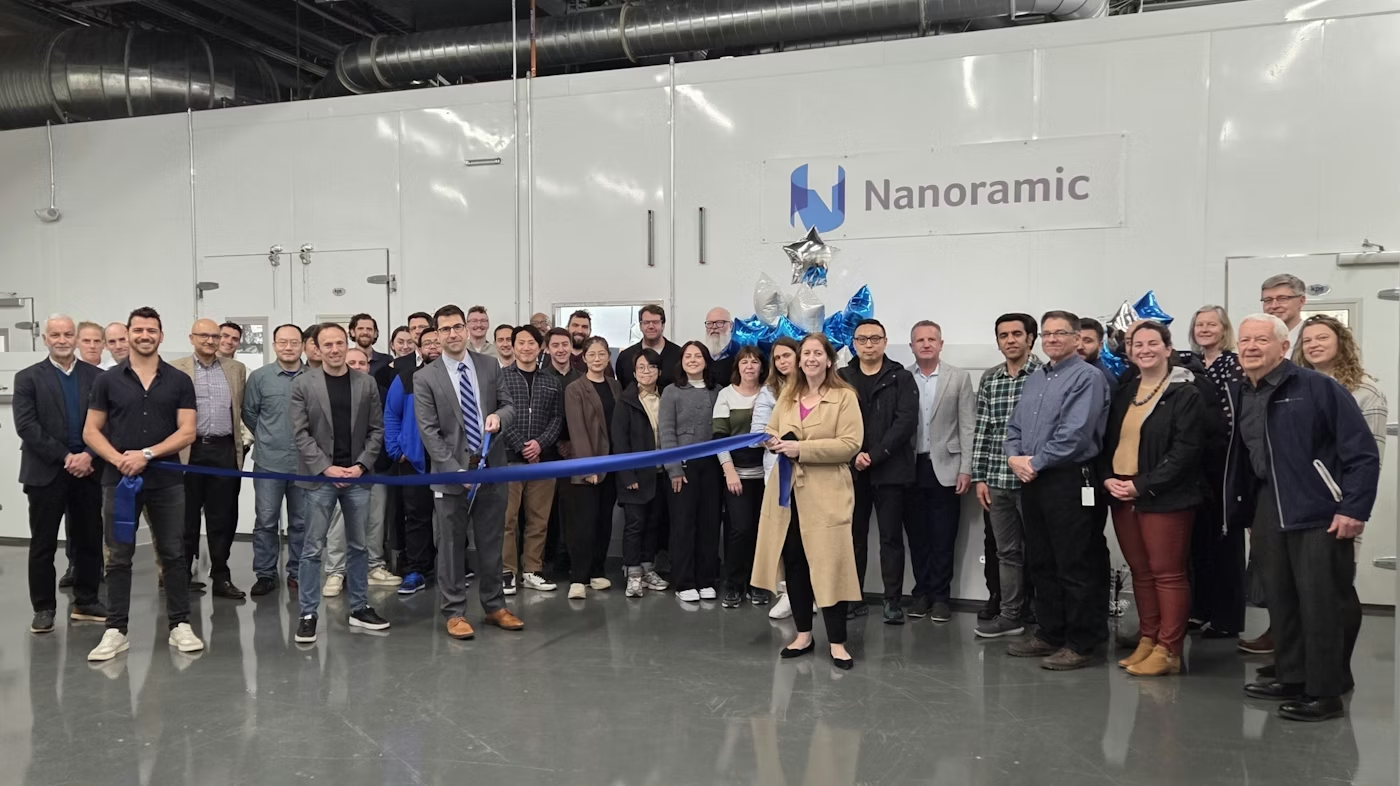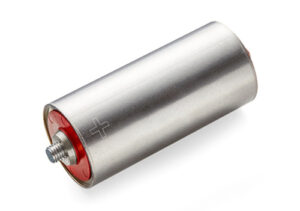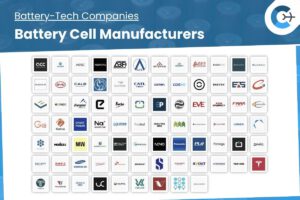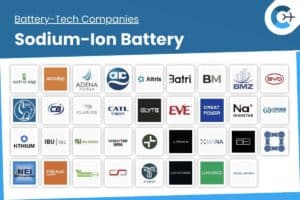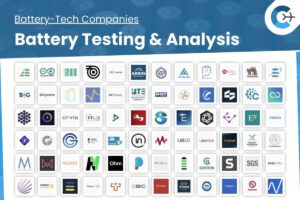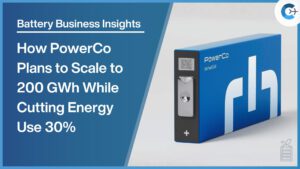The Zero Emission Transportation Association (ZETA), a trade group advocating for electric vehicle (EV) adoption and the development of a comprehensive EV supply chain in the United States, has raised concerns about the potential negative effects of U.S. tariffs on the electric vehicle industry and employment.
In a statement released following President Donald Trump’s announcement of additional global tariffs, ZETA highlighted that imposing taxes on imports from established U.S. trade partners could disrupt manufacturing initiatives crucial for job creation and economic growth in various regions. The trade group emphasized that companies are currently investing billions of dollars in the EV supply chain, and the introduction of tariffs adds uncertainty to these investments.
The statement from ZETA was issued shortly before the implementation of a new 25% U.S. tariff on imported passenger vehicles. Albert Gore, ZETA’s executive director, stated, “The EV and battery sector is working hard to ensure that the American auto industry continues to be an engine of economic growth for generations to come.” He further noted the industry’s efforts in expanding manufacturing capacity and securing supply chains for components and hardrock minerals essential for modern technologies, including electric vehicles and battery supplies.
ZETA’s membership includes key industry players such as Tesla, Rivian, Mercedes-Benz, Waymo, and Panasonic. While the organization expressed apprehension about the impact of steep tariffs, it expressed support for President Trump’s March 20 executive order aimed at accelerating the approval process for domestic mineral production. This order is intended to increase the supply of critical materials used in EV batteries and other applications. Rebecca Konolige, ZETA’s director of federal affairs, emphasized the importance of hardrock mineral development, stating that commodities like copper, graphite, lithium, and cobalt are vital for advanced technologies, including electric vehicles.
ZETA has indicated its willingness to collaborate with the Trump administration to develop what it describes as “productive trade policies” to support the growth of the U.S. manufacturing sector. Stephen Gannon, Vice President of Products at TrueAuto, highlighted the reliance of U.S. auto manufacturers on Mexico, Canada, and China for production and spare parts, noting that fluctuating tariff policies create ongoing uncertainty. He emphasized the importance of building agility into supply chain operations to navigate these challenges effectively.
The introduction of U.S. auto industry tariffs coincides with significant investments in electric vehicle and battery manufacturing within the country. Notably, Hyundai Motor Group has announced a $21 billion investment to expand EV production at plants in Georgia and Alabama, including the construction of a $5.8 billion steel plant in Louisiana to supply steel to these facilities.
Source: Automotive Dive

